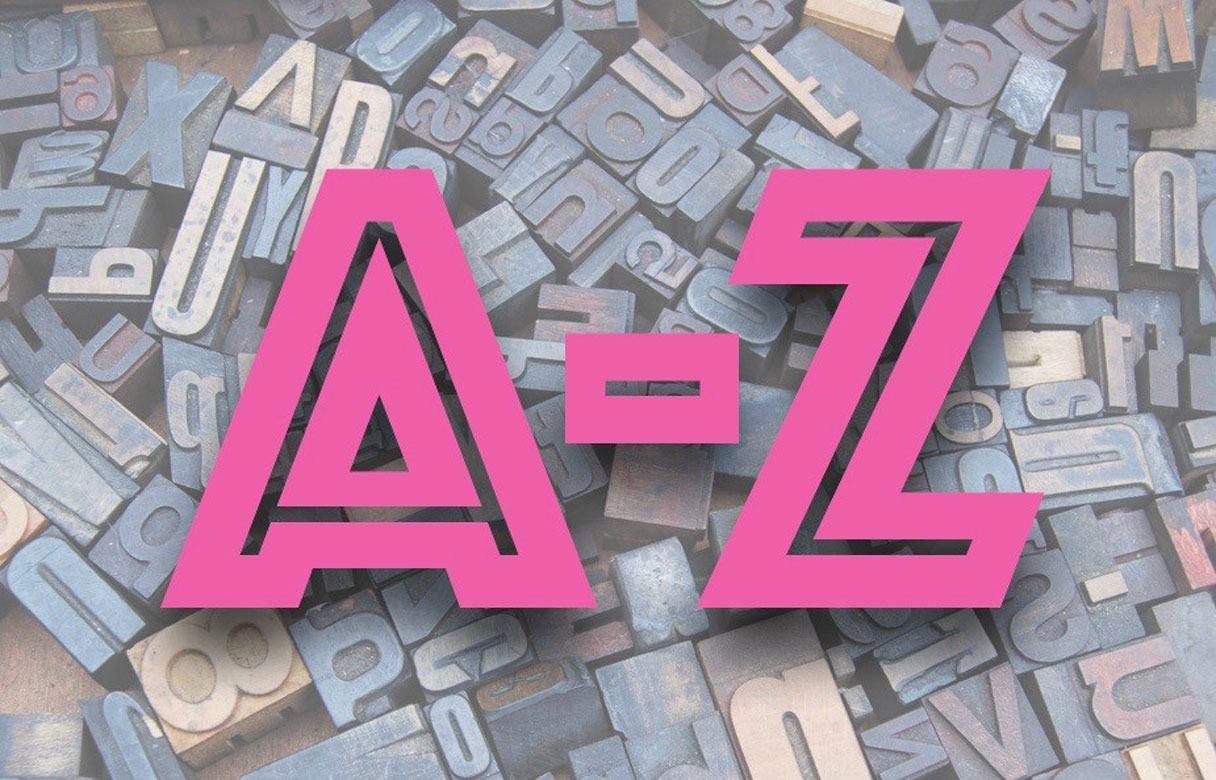THE NEWSROOM
“Media Training A-Z” – B is for Bold
 Be mindful, and choose the moment in an interview when you can be decisive. Some online conversations get mired in equivocation not because of the complexity of the subject but simply due to the speaker being over- cautious. So in that vital prep time ask yourself “when is it possible (if at all) to wholeheartedly affirm or deny?” Using a Yes or a No is refreshing because it is rarely heard. The flip-side to all this is to be clear in your mind when to apply caution in your answers. It comes down to asking yourself the right questions before that Zoom recording starts and testing how it sounds by talking out loud in private and offline before you go live.
Be mindful, and choose the moment in an interview when you can be decisive. Some online conversations get mired in equivocation not because of the complexity of the subject but simply due to the speaker being over- cautious. So in that vital prep time ask yourself “when is it possible (if at all) to wholeheartedly affirm or deny?” Using a Yes or a No is refreshing because it is rarely heard. The flip-side to all this is to be clear in your mind when to apply caution in your answers. It comes down to asking yourself the right questions before that Zoom recording starts and testing how it sounds by talking out loud in private and offline before you go live.
From this weeks’s Monday Media Briefing
“Media Training A-Z” – A is for Asset
 Another thriller on my festive TV schedule where references to “the Asset” is code for a cold-blooded assassin. Thugs use such language to conceal or sanitise their nasty operations. It’s one reason why we are suspicious of euphemisms and a good reason not to use them in interviews. Tempted to use them to sidestep a difficult situation? Often the interviewer won’t let you get away with it. If you substitute “efficiency savings” for “job losses” you’re laying yourself open to more savage challenges. Much better to spend your planning time on reasoned justifications which may keep your audience onside.
Another thriller on my festive TV schedule where references to “the Asset” is code for a cold-blooded assassin. Thugs use such language to conceal or sanitise their nasty operations. It’s one reason why we are suspicious of euphemisms and a good reason not to use them in interviews. Tempted to use them to sidestep a difficult situation? Often the interviewer won’t let you get away with it. If you substitute “efficiency savings” for “job losses” you’re laying yourself open to more savage challenges. Much better to spend your planning time on reasoned justifications which may keep your audience onside.
From @InsideEdgeMedia
 In 13 long (and glorious) years of media training we’ve never told a single person they talk too slowly in interviews. Instead here are 5 reasons why people talk too quickly on air:
In 13 long (and glorious) years of media training we’ve never told a single person they talk too slowly in interviews. Instead here are 5 reasons why people talk too quickly on air:
1 – People speed up over the familiar. Phrases and sector specific terms you are used to using regularly will be rattled off at 100mph. It’s exactly the point in the narrative that you need to slow down.
2- People speed up when they’re nervous. Being in the right headspace for interviews is crucial and something we get into at length in our media training courses.
3 – People speed up when they are overly-energised. Conviction is important in interviews but not at the expense of a well-paced delivery.
4 -People speed up when they are trying to say too much. Trying to cram in those 5 crucial factors in one answer will inevitably cause you to rush.
5 – People speed up when other people are speeding up. If a fellow guest or a presenter pressed for time is talking quickly, don’t let their pace become yours.
GET IN TOUCH
LET’S DISCUSS YOUR REQUIREMENTS



